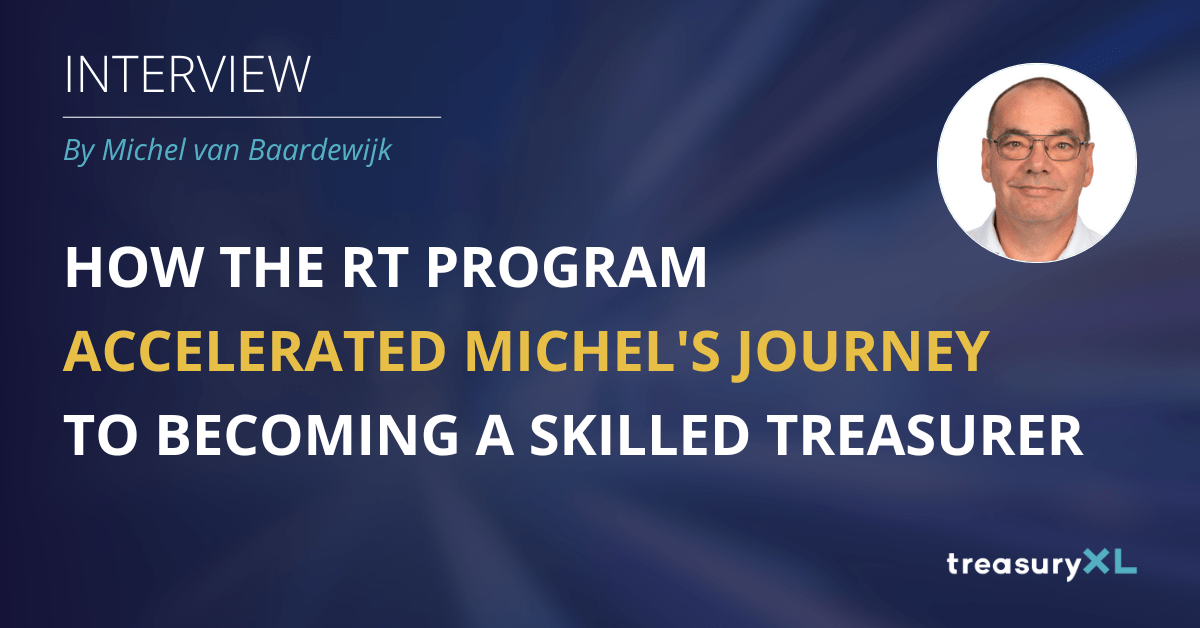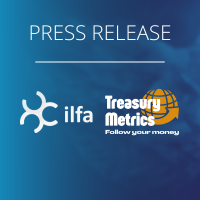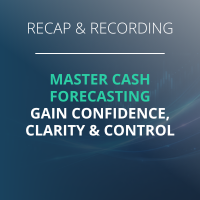What for you was the main reason to start a career in treasury?
My career in treasury wasn’t premeditated. I enjoyed corporate finance courses during my studies in business economics/econometrics in Tilburg, but my initial jobs at Philips and the municipality of Rotterdam were unrelated to treasury. Later, as a financial manager/controller, treasury was part of my role until Vestia took over in 2011. During the reorganization in 2013, I applied for a position in Treasury and got the job.
Why did you start with the RT program?
Vestia’s portfolio was over 20 times larger than any I had managed before, so refreshing my knowledge and skills was a priority. I received on-the-job training from an experienced interim treasurer and explored various courses. The RT program at VU offered the best blend of theory and practice.
What are keywords that you would use to describe the program?
The program is small-scale and interactive. You quickly get to know all your fellow students, and there is ample time to exchange experiences.
Which topics covered were most interesting?
The most interesting courses were those in which I had little experience: international finance and cash management. While these are familiar to seasoned treasurers, they were new to me. I also took courses in macroeconomics and behavioral finance.
Can you describe what your research and thesis was about?
My thesis explored the effects of new, tougher legislation on how treasury for housing associations is organized. I thought many had changed their processes, but most were already adequately organized and in control before 2012, with increased emphasis on compliance after 2015.
How did the education help you in your career?
The RT program helped me quickly become a professional in treasury.
What surprising elements did the program hold that you did not expect?
Behavioral finance was an eye-opener for me. I had taken some psychology courses during university (marketing, organization), but the impact of psychological factors on decision-making was a pleasant surprise.
Are you still in touch with your peers?
Yes, I meet fellow students at DACT events, we still have a WhatsApp group, and we are connected on LinkedIn.
What other treasury education programs did you consider and why did you choose this one?
I considered several other programs (NIVE QT, Improfin, modular courses). Still, VU offered a proven concept that was very practical for me, with courses every Thursday afternoon and evening, and an early start.
Did following the program influence your relation with your family, friends and/or colleagues?
Classes and assignments required careful planning. Sometimes I had to say “No” at home or work, or skip class due to a priority job. Commuting by train gave me some time for reading and writing, but not enough. Many weekends and two holidays were spent writing my thesis. Fortunately, my wife was also taking a course, and my kids had their exams.
Can you describe a treasury topic you learned about and that you could directly apply in your job?
In the first lecture, I learned about the consequences of a large divestment I had not considered. Fortunately, we could address this directly. I also gained insights into how banks price loans, resulting in better quotes.
In my last years at Vestia, Vestia sold large parts of its real estate portfolio including the connected loans and finally demerged into three new completely separate entities. That was stuff they do not teach you :). Investing, acquisition, and merger is quite different from divesting and emerging.
With Staedion the task of Treasury is more traditional: cash management, financing and restructuring a part of the derivatives portfolio. Parts that were extensively covered in the program.













